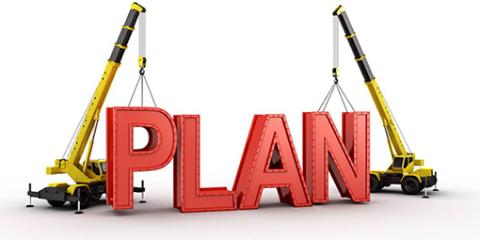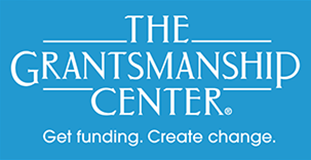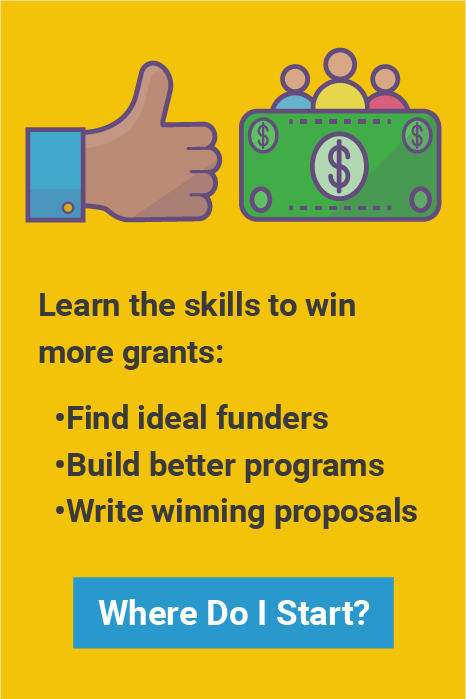
While developing a proposal for a planning grant is much the same as developing a request for a program grant, there are a few important differences. This 2-part series looks at the most critical sections of a grant proposal in terms of these differences.
Part 1 covers the Problem, Outcomes and Methods sections of a proposal; part 2 covers the Evaluation and Budget sections. This series is an excerpt from the addendum of Grantsmanship: Program Planning & Proposal Writing, available October 2014. Enjoy!
*****
EVALUATION SECTION
It’s important to gather and assess evaluation information as a project is rolling out. This provides valuable information that can lead to changes in a process that isn’t working or course corrections when the program isn’t producing the intended outcomes. Evaluation data should contribute to continuous improvement, so don’t wait until the end of the grant period to determine whether or not your process or program worked. That’s too late.
Planning Proposal
The Evaluation Section describes how you’ll track and document the planning process and its results. You’ll list the questions to be answered and tell the reader how you’ll gather needed information. Examples of questions that may be included include:
- Are intended groups participating?
- What evidence-based approaches are being explored?
- Are identified questions being answered?
- Is the time line being followed?
- Has a plan been produced on time?
- Is the plan broadly supported by the community?
- Have there been unexpected challenges?
To gather the needed information, you might examine minutes of meetings, conduct and analyze surveys of planning participants and other community members, or reference interim reports and presentation notes.
Program Proposal
The Evaluation Section includes two components:
Process Evaluation: This component describes how you’ll assess whether the program is being implemented as planned, and working as expected. It describes how you’ll know the degree to which the program is following the established action plan. It tells how you’ll note successes and challenges, document whether the intended people are engaged, and whether the expected resources have materialized, etc.
Outcome Evaluation: This component describes how you’ll know the degree to which the proposed program outcomes are being achieved. It tells how you’ll produce, tally, and analyze specific data. The information that will be produced by this component of the evaluation will tell you, the funder, and the community how effectively the program is addressing the problem.
BUDGET SECTION
The Budget Section defines the resources required to complete a planning process or to implement a program. It provides detail on in-kind resources that will be used; cash that will be provided by partner organizations or other funders; and line items that will be supported by the requested grant funds and the other resources.
Planning Proposal
What resources does a planning process require? Typically, staff and volunteer time are required for coordination, logistics, administration, and clerical tasks. Consultants may be needed for facilitation or expert testimony. Meetings may require conference rooms and auditoriums. Making it all happen is likely to require communications, printing, supplies, surveys, and more.
Program Proposal
Implementing a program usually costs far more than planning it. The resources required will depend on the various activities to be implemented and are likely to include line items such as staffing, training, supervision, office space, transportation and travel, supplies, equipment, curriculum, evaluation costs, and much more. In a broad-based community effort, it is also likely that a number of community partners will be involved in program implementation, and that more than one organization will receive a portion of the requested grant funds.



